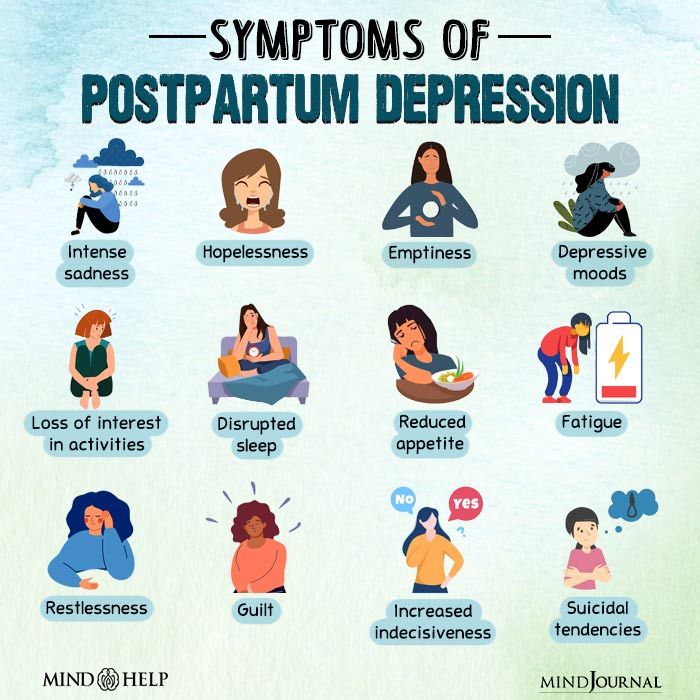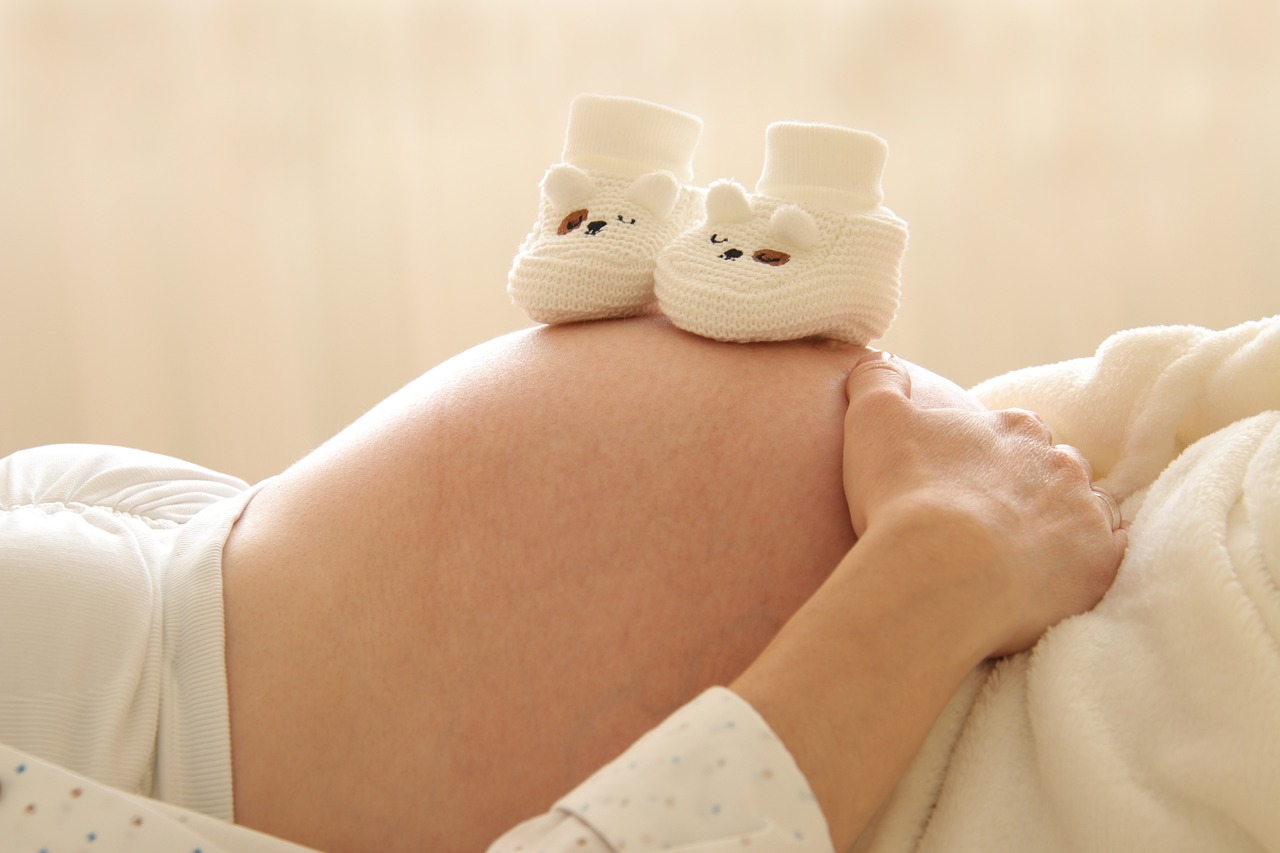The postpartum (or postnatal) period begins after childbirth and is typically considered to last for six weeks. There are three distinct phases of the postnatal period; the acute phase, lasting for six to twelve hours after birth; the subacute phase, lasting six weeks; and the delayed phase, lasting up to six months. During the delayed phase, some changes to the genitourinary system take much longer to resolve and may result in conditions such as urinary incontinence. The World Health Organization ( WHO) describes the postnatal period as the most critical and yet the most neglected phase in the lives of mothers and babies; most maternal and newborn deaths occur during this period

Emotional Symptoms
Emotional symptoms in the weeks and months after childbirth involve anything that affects your mind, your stress level or your body image.
- Baby Blues: Baby blues is feeling sad and teary after giving birth. While these new feeling can take you by surprise, they tend to go away after a few weeks.
- Postpartum depression: This is a type of depression that causes extreme sadness and despair in the weeks and months after childbirth. Unlike the baby blues, this doesn’t go away and often involves treatments with medication or behavioral therapy.
- Postpartum anxiety: Excessive worrying that occurs after having a baby is called postpartum anxiety. It can be accompanied by physical symptoms like losing sleep or heart palpitations. Postpartum depression and postpartum anxiety can be often come together. Treatment for postpartum anxiety can also involve medication or behavioral therapy.
- Weight loss: Your baby went through lots of changes during pregnancy and childbirth, It’s common to have loose skin and stretch marks, and stress about extra weight around your hips or belly. Try to relax and give yourself time to recover. You’ll lose between 10 and 20 pounds before you leave the hospitals. Focus on eating nutritious foods and taking care of yourself. Remember that your body has just been through a lot.
What are ways to take care of myself after having a baby?
One of the most important things you can do for yourself after giving birth is to allow yourself time to rest and heal. While this may be easier said than done, getting rest allows your body and mind time to recover. Ask for help when you need it. This could means limiting visitors, asking for help with childcare or asking for help with things like cleaning and making meals.
other than resting, some of the other ways to care of yourself in the weeks after delivery could involve:
- Nutrition: Try to drink lots of water and eat healthy foods like lean protein, fruit, vegetables and whole grains. Staying hydrated can also help with constipation.
- Caring for your perineal area: If you had a vaginal delivery, you may be sore for a few weeks. Your provider probably gave you some tips to help care for your bottom at home. Using a peri bottle with warm water to rinse after using the bathroom and using witch hazel pads are ways to help your bottom feel better.
- Limiting physical activity: While you may want to return to your pre-pregnancy size, don’t rush to exercise or get back in shape. Your healthcare provider will let you know when it’s safe to exercise. Most people can begin walking or doing some gentle movements a few days after giving birth. People who had a C-section birth may need to wait longer. Once you’re able to exercise, begin slowly so you don’t accidentally injure yourself
- Mental Health Support: Don’t be afraid to ask for help and be patient with your emotions. The postpartum period can be challenging in so many ways. If you feel sad, overwhelmed, anxious or stresses, talk to a friend, your partner or your health care provider about it. There are many resources available to support you.

